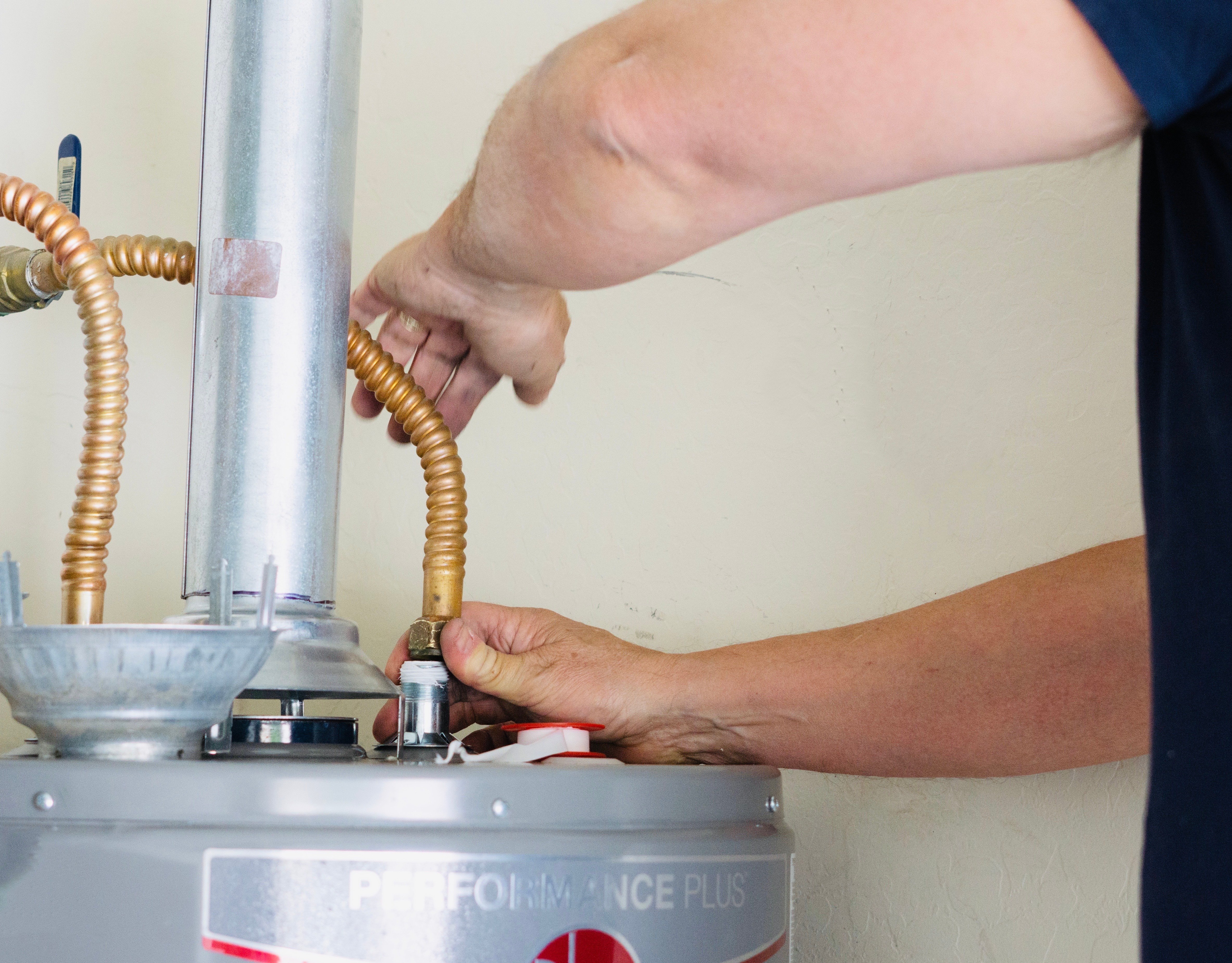Did you know that advances in heating technology and conservation have significantly reduced energy consumption over the years? For example, the average homeowner using 1,200 gallons of heating oil in 1989 now uses just 800 gallons—a 25% decrease! Below, we’ve compiled some fascinating heating facts and conservation tips to help you understand how home heating has evolved and how you can save on your next energy bill.
Cold Hard Facts About Home Heating
The heating industry has made remarkable strides in efficiency and sustainability. Here are some key facts:
- Cleaner burning fuels: Heating oil now burns nearly 95% cleaner than it did in 1970. Modern residential oil burners produce less than one-third of one percent of total U.S. particulate emissions.
- Renewable energy commitment: The heating oil industry is investing in renewable fuels, creating thousands of good-paying jobs for technicians, engineers, researchers, oil field workers, and more.
- Domestic production: The U.S. produces most of its heating oil domestically, with only 10–15% imported from Canada, the Caribbean, and Latin America, ensuring energy security and reliability.
What You Can Do to Conserve Energy
While advancements in heating technology have improved efficiency, there are steps you can take to conserve even more energy and reduce costs:
1. Schedule Regular Heating System Tune-Ups
If you can’t remember the last time your heating system was serviced, it’s probably overdue. Regular tune-ups ensure your system operates at maximum performance and efficiency, preventing unnecessary energy waste.
2. Upgrade to a Modern Heating System
If your heating system is over 20 years old, it’s likely far less efficient than modern units. Upgrading to a newer, energy-efficient model can significantly reduce your heating costs while providing better performance and reliability.
3. Improve Insulation and Seal Drafts
Heating efficiency isn’t just about the system—it’s also about your home’s ability to retain heat. Seal drafts around windows and doors, and consider adding insulation to your attic and walls to reduce heat loss.
4. Use a Programmable Thermostat
A programmable thermostat allows you to optimize heating schedules, reducing energy use when you’re not home or during the night. This simple upgrade can lead to significant energy savings over time.
Why Choose ABC for Your Heating Needs?
At ABC Plumbing, Sewer, Heating, Cooling, and Electric, we’re committed to helping you save energy and stay comfortable. Our team of licensed technicians provides expert tune-ups, repairs, and installations to ensure your heating system operates efficiently. With 24/7 availability, we’re here when you need us most.
Scroll further down this page, locate the location closest to you, and click the phone number to call us. Let us help you conserve energy, reduce costs, and enjoy a warm, comfortable home this winter.
ABC Plumbing Locations
Arlington Heights, IL220 W Campus Dr | Largo, FL11701 S Belcher Rd Suite 127 |
Downers Grove, IL1001 Ogden Ave LL4 | Tampa, FL4326 W El Prado Blvd Suite 7 |
Evanston, IL828 Davis St UNIT 205 | |
Our Blog
VIEW ALL BLOGS
Tankless vs. Tank Water Heater: Which One is Right for You?
-
What is Freon & Why is it Important?
Freon is a specialized refrigerant that plays a critical role in your home’s air conditioning system by facilitating the heat transfer process that cools indoor air temperatures. Understanding what freon is used for has become increasingly important for homeowners who want to make informed decisions about their home comfort and environmental stewardship.READ MORE -
Why Is My Home Cooling Unevenly? 6 Effective Solutions
The blog discusses common issues where some rooms in a home are too warm while others remain comfortable. It offers six solutions to rectify this imbalance: ensuring unobstructed air vents, keeping all vents and doors open for even air circulation, checking and cleaning air ducts for debris buildup, ensuring proper attic insulation to prevent cool air from escaping, installing ceiling fans for better air circulation, and addressing air duct leaks by sealing gaps and holes.READ MORE -
What Does the Evaporator Coil in Your Air Conditioner Do?
The blog discusses the role of the evaporator coil in the home's cooling system, which is responsible for heat transfer by drawing out heat and moisture from indoor air.READ MORE
Our Promises To You
-

Convenient For You
We Work on Your Schedule
-

Background Checks
We do Drug Tests And Background Checks Before Hiring
-

No Need For Stress
Get ABCs Worry-Free Guarantee at No Cost
-

No Surprises
Pricing is By the Job, Not the Hour














